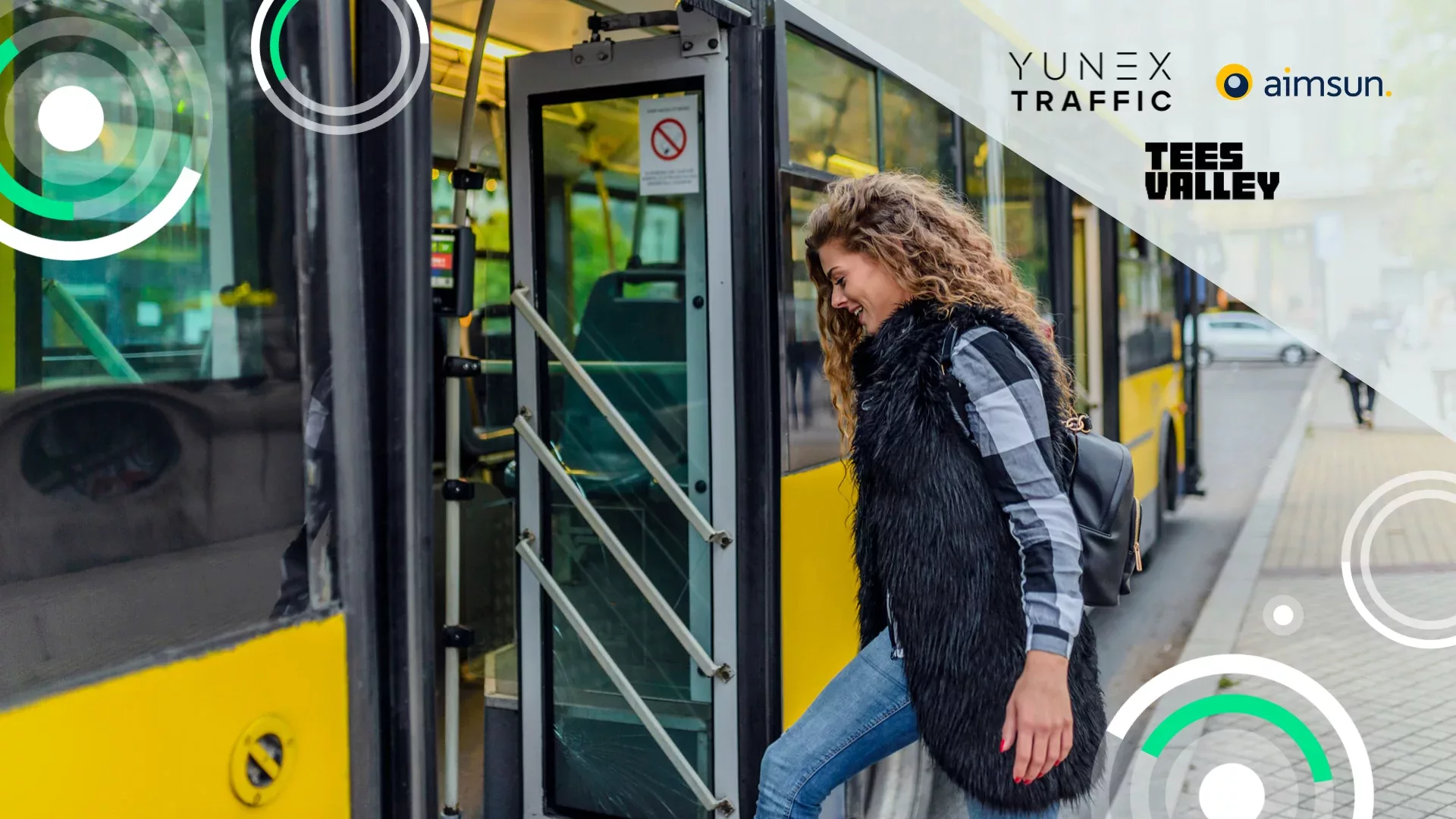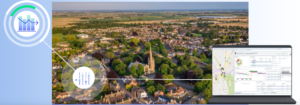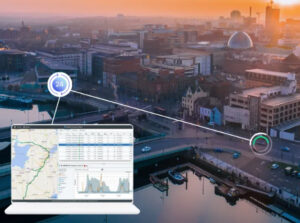Tees Valley Combined Authority has selected Yunex Traffic and Aimsun to provide a traffic digital twin with the aim of improving bus service reliability and wider traffic management across its transport network.
In an industry first, the digital twin will use simulation and data analytics to predict future network conditions, allowing traffic management actions to be implemented either automatically or with the involvement of a traffic operator.
The digital twin’s machine learning algorithms will enable the Tees Valley traffic management team to continually monitor and evaluate real-time traffic, bus, and signal data feeds across the entire transport network. The digital twin uses data from Yunex Traffic’s existing Stratos and UTC-UX traffic management systems, with this real time data now integrated with the Aimsun Live predictive decision support system in a single, powerful digital twin platform.
Within just a few minutes of receiving the data, the digital twin will provide comprehensive predictions and assessments of near-real-time and upcoming traffic states, up to 60 minutes into the future. This predictive element allows for a far more proactive approach to traffic management, such that the system will not only get late buses back on time, but will also identify buses that look likely to fall behind schedule and help them get back on track before the delay even occurs.
The connection with Stratos Strategy Manager will enable traffic operators to decide whether to proactively implement traffic management and bus reliability strategies, or to allow the system’s automated processes to run.
Andrea Reacroft, Digital Transport Programme Delivery Manager at Tees Valley Combined Authority, said, “The immediate benefits are clear. Not only will an automated digital twin bring cost savings from reduced manning of existing systems, but it will also help us to implement the best strategies to reduce congestion and emissions. Looking ahead, this digital twin will grow with us to provide a future-proof platform for testing a broad range of innovative mobility solutions.”
Aside from automation, another significant differentiator between the Tees Valley digital twin and traditional bus priority techniques, is its holistic approach. Rather than focusing on individual late buses, the digital twin enables reliability improvements at the level of the entire corridor.
The traditional method of responding to alerts from individual late buses and giving them priority can frequently have a negative impact on the rest of the network, creating a domino effect of delays; in contrast, having current and future situational awareness across the wider network can keep everyone in the corridor moving.
Wilke Reints, Managing Director of Yunex Traffic in the UK, said: “An industry first, the digital twin will provide a unique platform for Tees Valley, and deliver benefits to a range of stakeholders, including transport planners, traffic managers, bus operators, environmental officers, and data providers.
“By delivering improvements in bus service reliability and reducing congestion emissions in schemes such as this, we aim to continue to build confidence in public transport and encourage more people to use this greener and more sustainable mode of transport.”
























